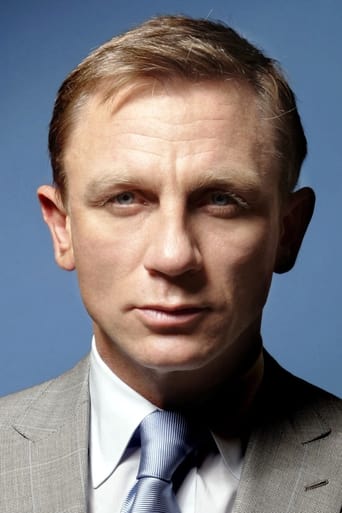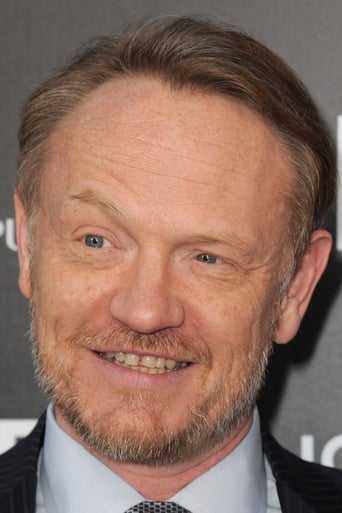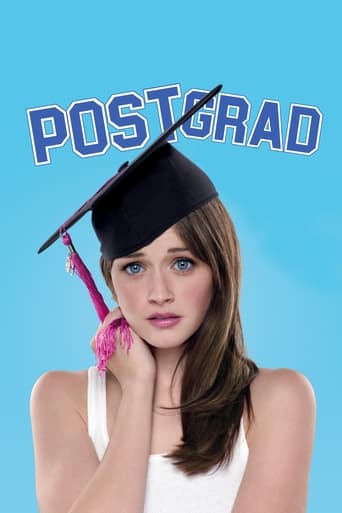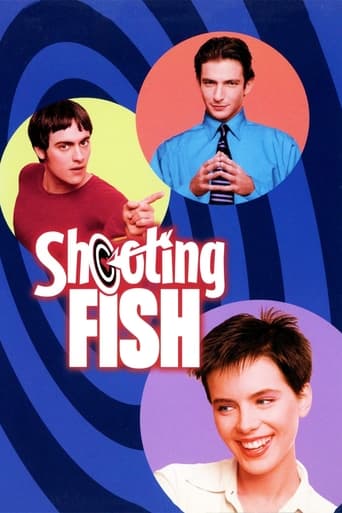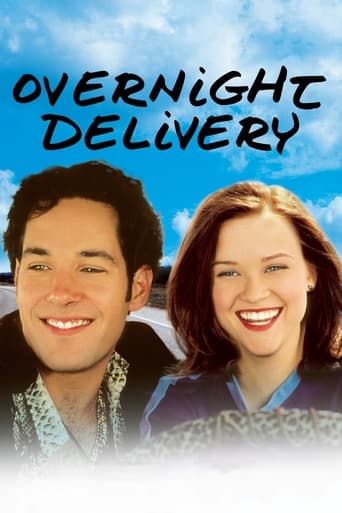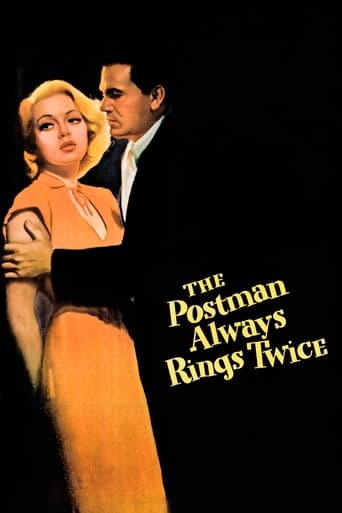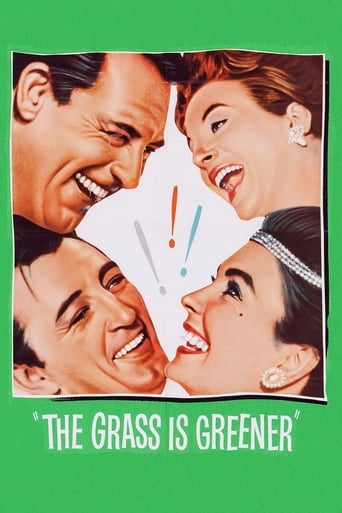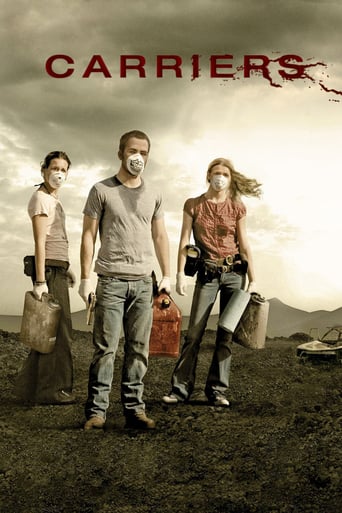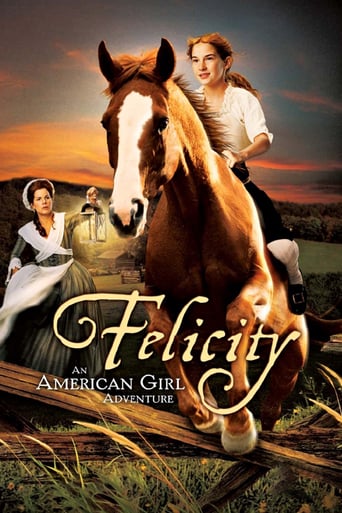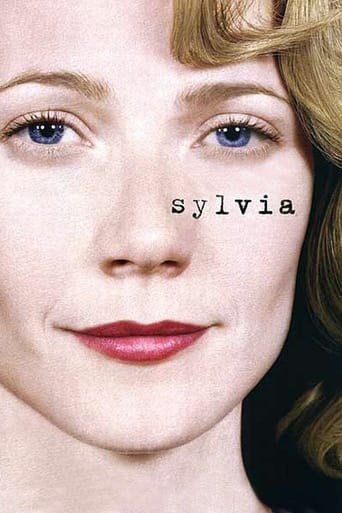
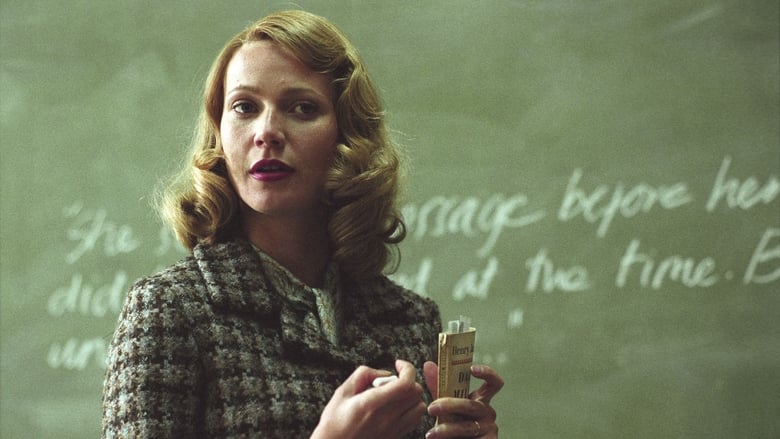
Sylvia (2003)
Story of the relationship between the poets Ted Hughes and Sylvia Plath.
Watch Trailer
Cast


Similar titles
Reviews
It's 1956 Cambridge, England. American student Sylvia Plath (Gwyneth Paltrow) is dismissed by the high-minded poetry review. She is taken with fellow student Edward Ted Hughes (Daniel Craig)'s poems. They eventually get married. He has many female fans and she suspects his infidelity. They have two children. She struggles to write under successful Ted's overwhelming shadow. She falls into depression and eventually commits suicide in 1963.It's a downbeat biopic that bothers on old-fashion melodrama. Paltrow is lovely but I figured Plath would be more fragile even before her breakdown. Daniel Craig has the prerequisite charisma. The movie is very flat. It is unable to elevate the material into something more dramatic. This is a long drawn out character study that isn't terribly interesting.
"Sylvia" from 2003 is basically the story of poet Sylvia Plath's relationship with her husband, the poet Ted Hughes, rather than the story of Plath's life, therapy, or evolution as a writer.Someone here put it best -- Plath suffered from depression from the time of her father's death when she was 9 years old, but she also had an almost manic energy which enabled her to churn out her work...and the mania in this film is sadly lacking. Instead, an aura of misery hangs over this movie like a black cloud. I have to admit, knowing something of Plath's life, the black cloud would probably be there anyway; it is difficult to show a writer's creative process on film.The layers of the Plath-Hughes relationship can't really be covered adequately. As portrayed by Daniel Craig, Hughes was a handsome and charismatic man, and he and Plath had an amazing sexual chemistry. Here, Plath is a bundle of neuroses and insecurities and is constantly suspicious when she sees him with a woman. It's not clear that in actuality was true. His infidelity did cause them to separate, but whether or not she drove him to it isn't clear. Living with either one of them couldn't have been easy.Gwyneth Paltrow, for all of this, does a marvelous job as Sylvia, as far as the script will let her. There's nothing of her electroconvulsive therapy, or what she went through under psychoanalysis, or her development under her various teachers, such as Anne Sexton. What you do see is her fragility, her emotions, her depressive state, and her passion. All of the performances are good; Michael Gambon does an excellent job as her concerned neighbor.Plath's daughter was against this film and wrote a poem about it: Now they want to make a film For anyone lacking the ability To imagine the body, head in oven, Orphaning children[...] they think I should give them my mother's words To fill the mouth of their monster, Their Sylvia Suicide Doll
There is a certain type of undergraduate who sees Sylvia Plath as the victim-heroine of a period that lionized talented men but had no place for women of similar gifts, and fortunately this film does not pander to them. Poets rarely receive lavish acclaim or wealth during their lifetimes, and hers was at least equal to her talent and irrespective of her gender. Any reasonably critical reader of her autobiographical novel The Bell Jar can see evidence of serious mental illness, which in Plath's case went largely untreated, and this film chooses to focus more on that aspect of her life than on anti-feminist conspiracy theories. However, the film comes up short of fully showing Plath as the highly complex and contradictory person her contemporaries knew: sexy, seductive yet so harsh and venal in her judgments of men (especially her husband and her father) as to seem man-hating; also manipulative and vain and yet so insecure that she went long periods without writing. She was likely bi-polar and could on occasion be described as downright monstrous, yet the film hollywoodizes Plath into a more conventional 'troubled' melodrama heroine, rather than delving deeper into the brutal reality of the day-to-day life of someone with significant mental illness. This is surprising given that director Christine Jeffs' earlier film on mental illness, Rain, was unstintingly honest. Plath's well known life history is covered in straightforward biopic narrative: her close-distant, love-hate yo-yo relationship with her mother; her famous first suicide attempt and the subsequent year spent in a sanatorium that was the basis for The Bell Jar; her rocky marriage to British poet Ted Hughes that ended because of his infidelity; her prolific period as a celebrated poet and her eventual death by suicide while still young.I should point out that I thought the cinematography and production design were wonderful. The excellent period look is established by bleeding out bright color from every scene while giving it an amber tint like old photographs. The sets were almost hyper-realistic - cluttered, dim and claustrophobic with none of the romanticized shininess that Hollywood often lavishes on period dramas.
The acting is not awful. Both Paltrow and Craig did quite a good job with their acting. The main problem of this film is that it did almost nothing to describe Plath's literary work or how her personal life affected her writing. The movie itself is basically a portrait of a failing marriage--the turbulent relationship between the couple and the husband's infidelity.One must understand that it is a challenge to make a biographical film on an artist (actor, writer, musician, or painter). This is because that not only is that artist being famous for his/her achievement in a special field, but also for his/her dramatic personal life. Here, the film focused heavily on Plath's unsuccessful marriage and a little on her poetry or her novel. Even the portrayal of the marriage is too one-sided. Obviously, Plath's loyal friends would have agreed with the film's depiction. Yet, Ted Hugh and his family might have some objections.I give this film 6/10. It is not a bad film. It is just not a film about a poet.



